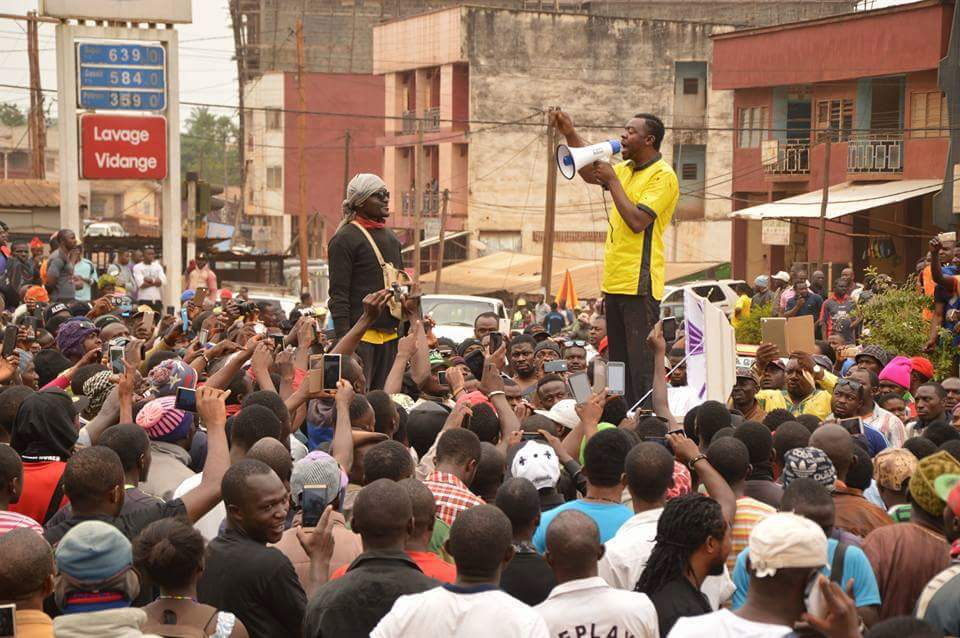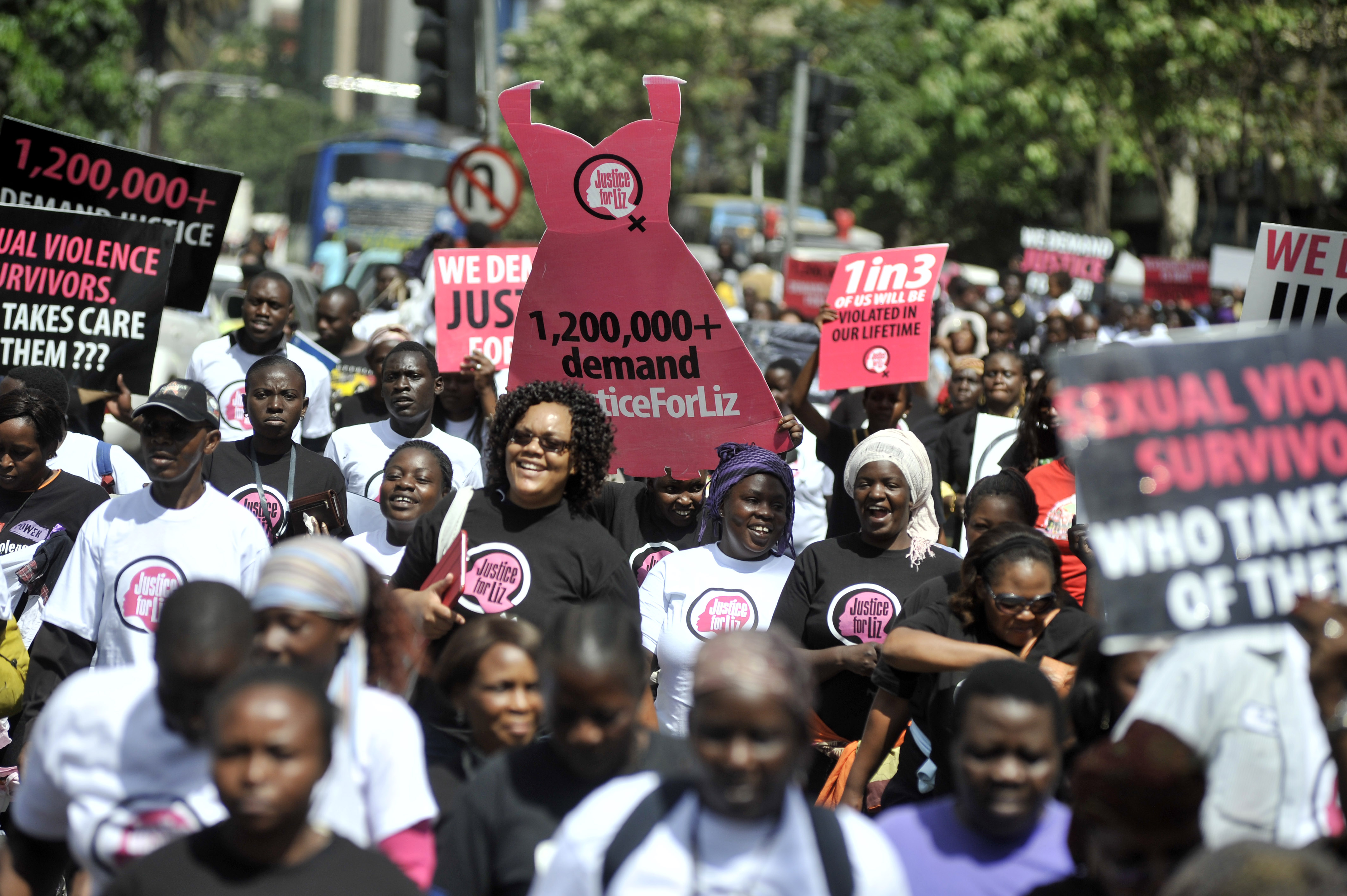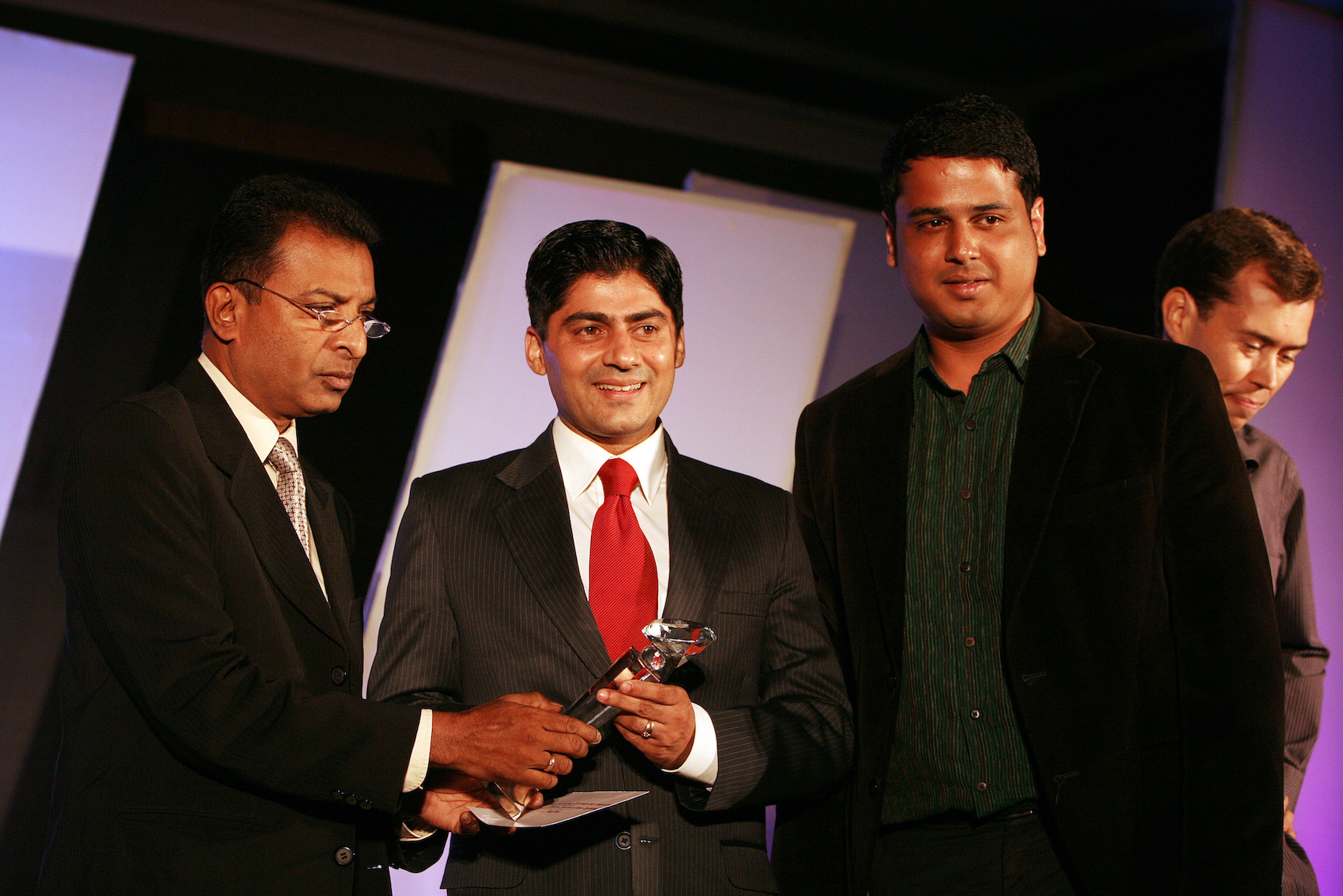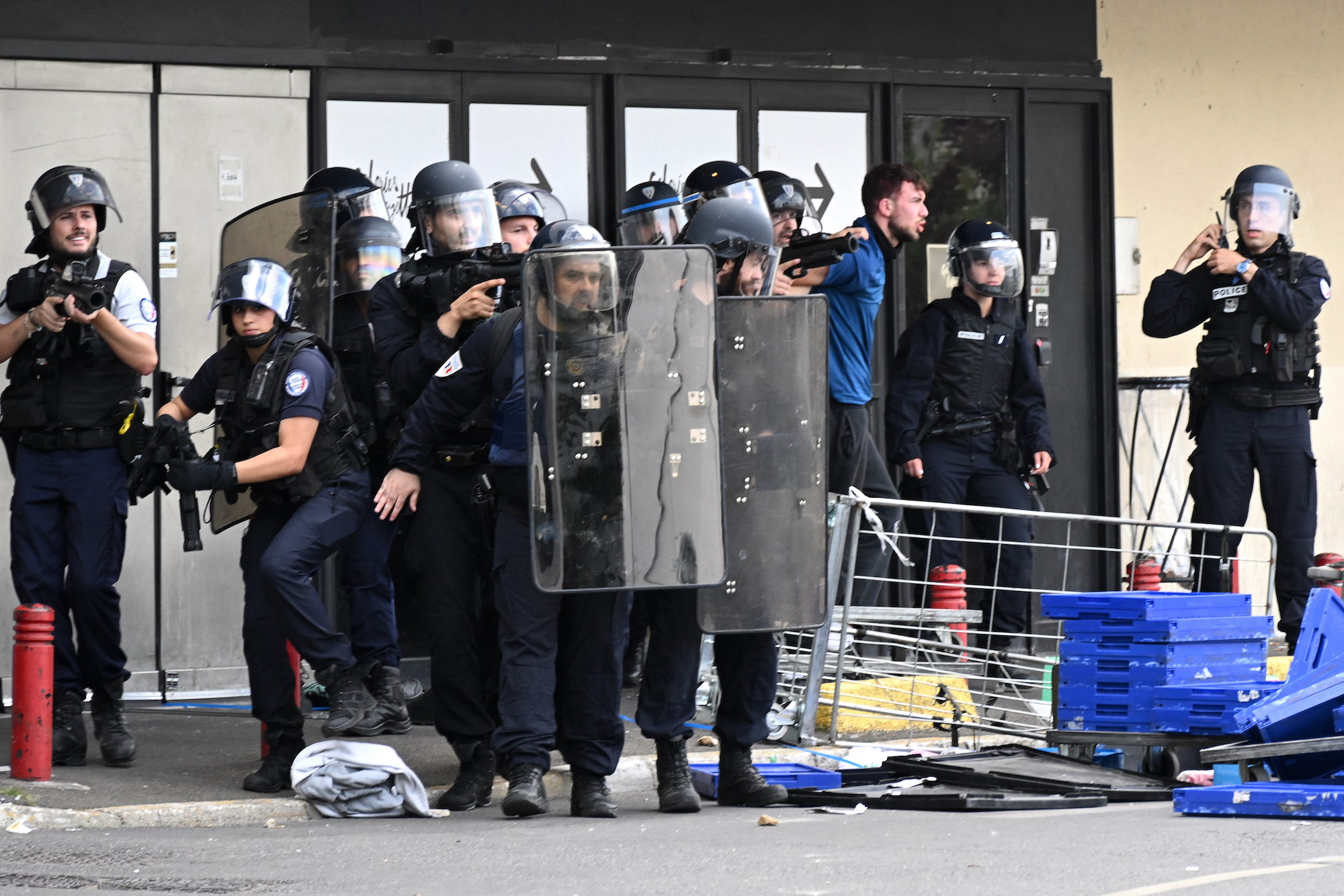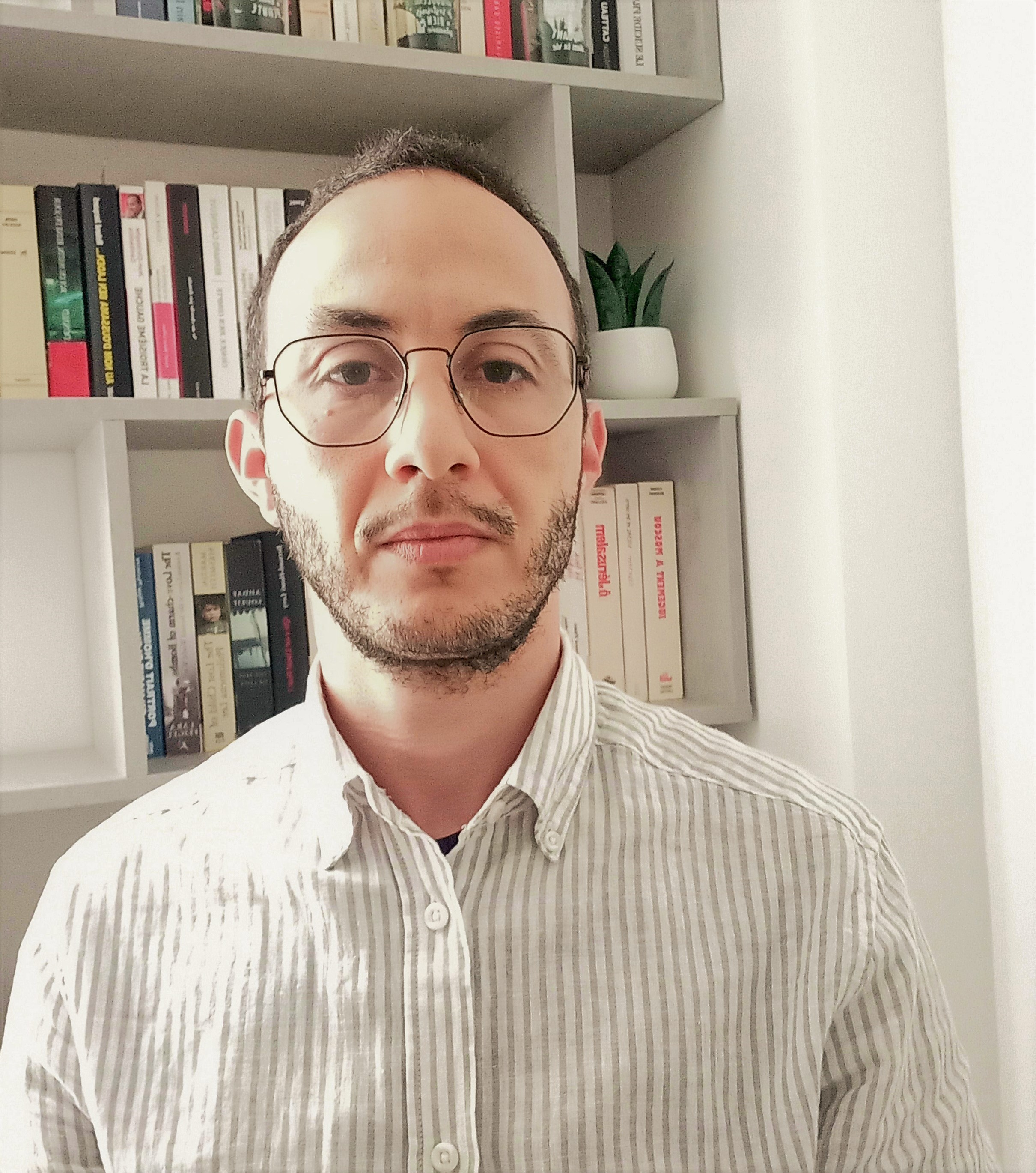The Plight of Unrecognized Journalists
In the realm of journalism, the concept of "recognition" holds profound significance, particularly for those journalists operating independently of established media institutions or official entities, both locally and globally. The absence of formal acknowledgment affects not only their professional standing but also poses serious risks to their safety and their right to protection from organizations committed to journalist safety, especially during escalated conflicts and wars. This recognition deficit places these media workers in greater jeopardy, exposing them to threats, targeting, and various challenges, including psychological stress, as they often lack the support and advocacy available to their accredited peers. Bridging this gap in recognition is crucial to safeguarding the rights and well-being of those engaged in media activism, who play a critical role in documenting injustices and sharing human stories. The ongoing conflict in Gaza, ignited by the Israeli offensive since October 7, has cast a stark light on this issue, with many Palestinian journalists, such as those from the Quds Network, remaining unrecognized despite their essential contributions.
There have been many forms of targeting that Quds Network has been subjected to during the past period, as part of a series of successive strikes aimed at silencing the Palestinian voice and muting media coverage of the course of the aggression against the Gaza Strip.
On the morning of Saturday, October 7, 2023, at 6:20 AM, a pivotal moment unfolded in the coverage of Palestine by Palestinian, Arab, and international media. This change was sparked by “Operation Al-Aqsa Flood,” a counteraction by Palestinian resistance to Israeli aggressions against Palestinians. As the war progresses into its fifth month, every Palestinian journalist in Gaza has been navigating perilously dangerous conditions. Over 120 journalists have been killed, many alongside their families, and numerous others injured, reflecting the broader civilian suffering in Gaza. Israel's apparent strategy of targeting journalists has not spared the team at the Quds News Network, who have endured exceptionally severe challenges.
Silenced Voices and Digital Resilience: The Quds Network's Battle Against Censorship
Since the beginning of the war, the Quds Network endured successive attempts to silence its coverage of the Palestinian voice and obscure the truth on the ground. This culminated on October 27, 2023, when "Meta" permanently deleted the network's page, along with other affiliated pages and accounts, including its account on Instagram, which was suspended.
It is crucial to note that the ban on the Network’s Facebook page, boasting nearly 10 million followers, was imposed without valid reasons. The action was based on flimsy explanations that contradict the very policies and standards of the platform itself, which the Network has long been upholding in its journalistic work.
Launched in March 2011 through youth initiatives, the Quds Network faced smear campaigns and incitement from supporters of Israel and pressure from the Zionist lobby. These groups falsely claimed connections between the Quds Network and Palestinian military factions, despite a lack of evidence to support such allegations.
The suppression extended beyond the coverage of the Arabic-language pages, with Facebook deleting accounts affiliated with the Quds Network on both Facebook and Instagram, affecting the English version of Quds Network with 1.2 million followers. Additionally, the interactive content page, "SharekQuds," followed by 3.7 million on Facebook, was also deleted.
This series of targeted blocks reflects the extent of digital censorship imposed on Palestinian content compared to Israeli content on social media across various platforms, especially Facebook, Instagram, and even TikTok. In response, the Quds Network explored alternative options, with Telegram being a preferred choice- a last resort of sorts for journalists and social media activists in Palestine, in the face of targeting, blocking, and bans.
Turning to such alternative platforms, the Quds Network garnered a following of over 1.15 million followers on its accounts on Telegram, YouTube, and Twitter between October 2023 and January 2024, with a total daily reach ranging between 4 million to 50 million. Total video views during this period exceeded 1.1 billion, reflecting the value the Quds Network maintains among its audience despite being blocked and targeted. On Telegram alone, the network’s posts were seen 2 billion times, with 600 million views for videos, indicating the effectiveness of these options, albeit alternative, in circumventing the bans imposed on the network on the more mainstream platforms, for merely reflecting the news as they happen in Palestine.
Furthermore, the network, which started as a youth-driven initiative in March 2011, faced an extensive campaign of defamation and targeting by groups affiliated with the Zionist lobby. Such campaigns were keen to link Quds Network with Palestinian factions, with a total disregard for the fact that all its journalists are Palestinians, working within a network founded and run through youth efforts.
Nonstop Coverage of a Nonstop War
On the ground, our staff were constantly reminded of the dangers of navigating the challenges of working during a nonstop war of such magnitude. The Quds Network offices in Gaza were bombed, resulting in substantial damage, and equipment rendered inoperative. The Israeli war on Gaza also disrupted communication networks, which left Gaza journalists unable to work effectively.
This impacted the coverage and exposed our colleagues to increased dangers while attempting to provide and look for other alternatives, or look for places with better internet connections to upload their work and publish it online.
The loss of 120 Palestinian journalists, who were killed in Gaza in three months, included the Quds Network’s colleagues, such as Akram Al-Baghdadi, who worked in the production department. along with Ali Al-Tibatibi and Nahla Mushtaha. All were killed by targeted Israeli strikes.
Moreover, journalists and media-active citizens in the occupied West Bank and Jerusalem were also subjected to direct Israeli threats and attacks, during a brutal wave of arrests and assassinations. The Israeli occupation forces arrested our colleague Musab Qafish along with a group of photojournalists collaborating with the network, who were intimidated and detained and put under administrative detention. Additionally, several reporters, including Motasem Saqf Al-Heit, Abdullah Buhaishe, and Mohammad Al-Aabed, sustained multiple injuries while covering the events in areas in Ramallah, Nablus, and Jenin.
The current wartime conditions are different from all the previous wars and escalations in Gaza over the past 17 years, with no safe places in the besieged Strip, including displacement camps, hospitals, schools, and mosques, as well as international facilities.
Working in Impossible Conditions
Throughout the war, the coverage of the Quds network relied, as mentioned earlier, on alternative platforms other than Facebook, which had suspended all its main pages and affiliated alternative ones. Despite these limitations, our colleagues remained at the forefront of their work, amidst the perils of indiscriminate airstrikes, displacement, and arrests. This dedication echoes the longstanding slogan adopted by the Quds network throughout the years, underscoring its resilience in the face of the ongoing genocidal war against Palestinians.
A notable aspect of this war was the Israeli occupation's deliberate focus on severing communication networks in Gaza, leading to weakened journalistic coverage and scarcity of incoming information, reaching its lowest levels. This is an unprecedented Israeli strategy, not applied to such an extent in previous wars.
Echoes of Resilience: Beyond the Frontlines:
Despite all such challenges and setbacks, the network persists in its mission to portray the "full image of Palestine”. In the West Bank and occupied Jerusalem, the network actively tried to reorganize its team to enhance its journalistic coverage. It aimed to leverage Palestinian capabilities and expertise, seeking at times to collaborate with Palestinians residing outside the region.
In Gaza, our resilient team, albeit partially, managed to resume their work, based in a makeshift tent, attempting to make do with the available equipment, working against all the odds, to tell the stories of Gazans, until the end of this war, and beyond. This relentless commitment extends beyond the conclusion of the war, emphasizing the enduring mission of the Quds network to amplify the voices and experiences of the Palestinian people.





























![A demonstration against Israel's war on Gaza on Paulista Avenue in São Paulo on November 4, 2023, draws attention to the deaths of children while the media focuses on the war against terrorists. [Photo: Lina Bakr]](/sites/default/files/ajr/2024/Picture1.png)

